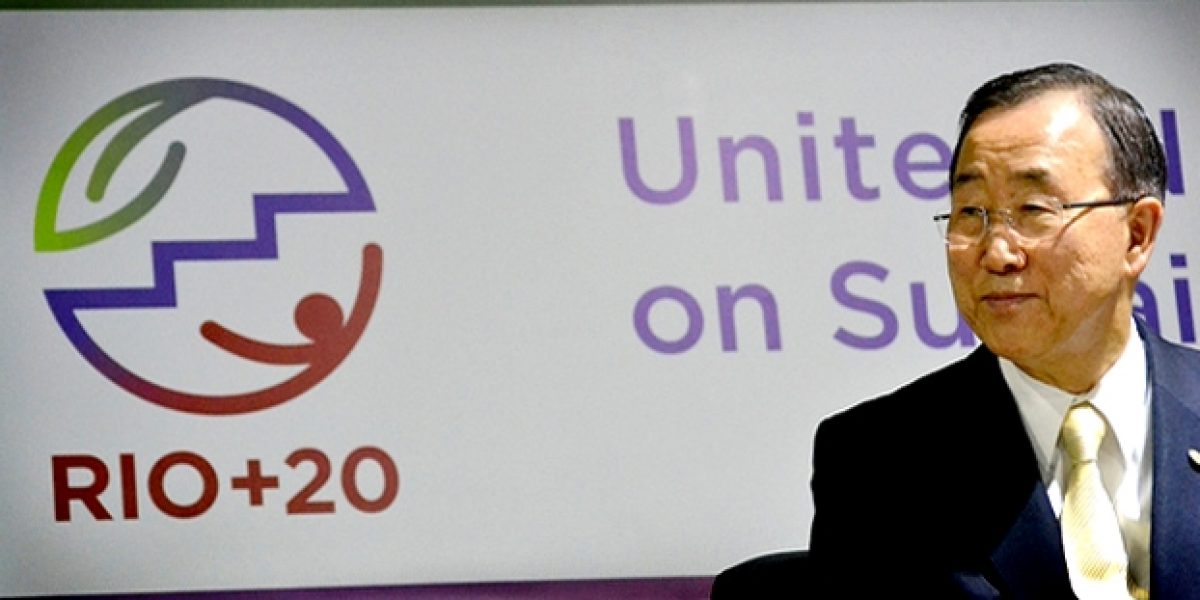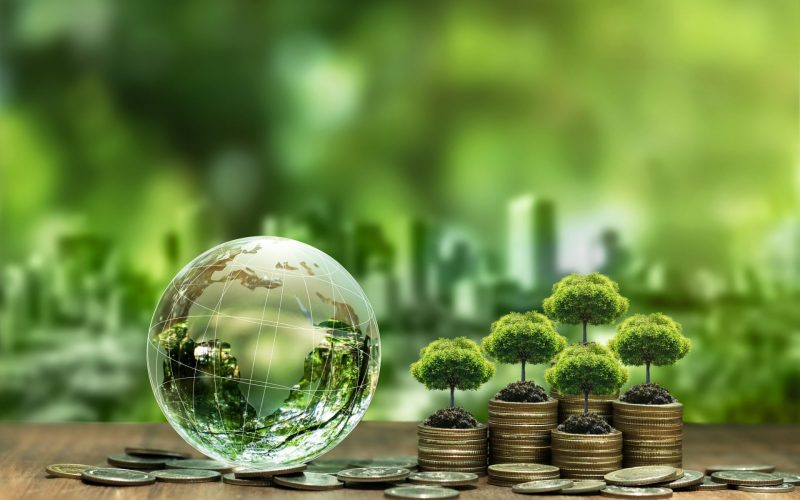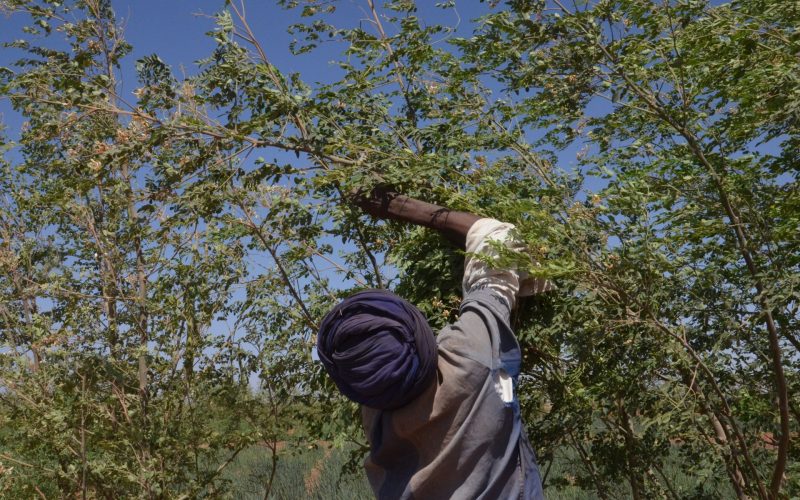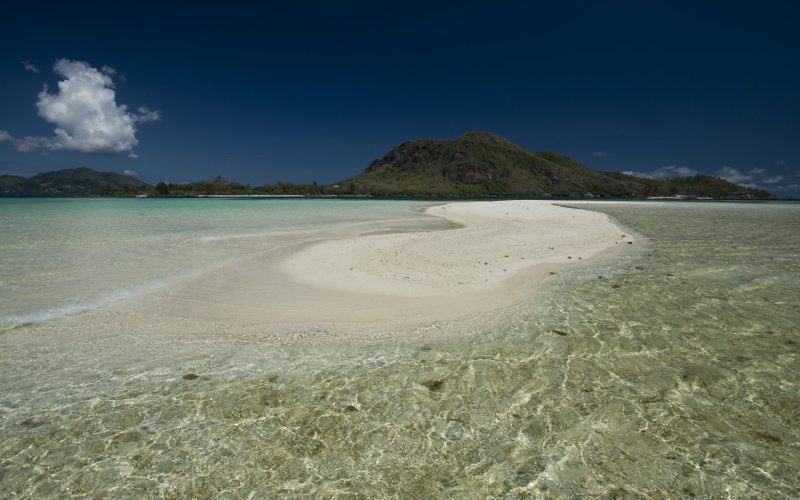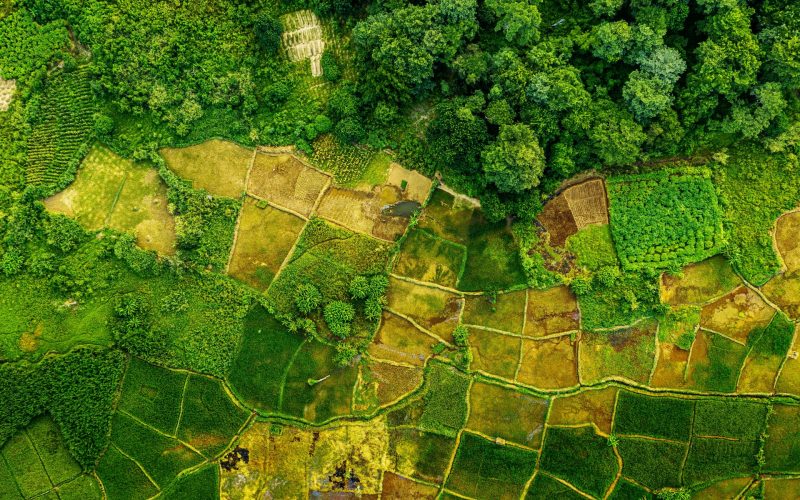Top of the discussion list during the meeting from 13-22 June 2012 were seven critical issues, namely jobs, energy, cities, food, water, oceans and disasters. However, the success of the Rio+20 deliberations will be determined by the achievement of at least three objectives: identifying Sustainable Development Goals (SDG); reinforcing adherence to a green economic path; and providing an Institutional Framework for Sustainable Development (IFSD). The zero draft entitled “The future we want” proposed by the United Nations in preparation for the talks included around 128 individual paragraphs to reach these objectives.
A move from Sustainable Development to the Green Economy
In 1992, the liberal economic model was perceived as consistent with and even necessary for international environmental protection. In 2012, twenty years later, there was broad-based agreement that the existing economic foundations in support of sustainable development are not sufficient. Thus the lion’s share of the debates at Rio+20 focused on the Green Economy. To support reform of the World Trading System and a shift of paradigm, one suggestion from Rio+20 was the development of a green economy knowledge-sharing platform (inspired by the World Bank Green Growth Knowledge Platform). However, no definitive definition of the “green economy” emerged from Rio+20, a necessary compromise to keep the concept and discussions flexible (see point 56 of the outcome document).
The SDGs were also heavily emphasised during the discussions and ended up as a complement to, and reinforcement of, the Millennium Development Goals (MDGs), and with an agreement to establish new goals in 2015 as part of the post-2015 UN Development Agenda (points 245-251 of the outcome document).
Lastly, the IFSD delivered in the outcome document reinforced the importance of science-policy interfaces, recommended the creation of an universal intergovernmental high-level political forum that builds on the Commission on Sustainable Development, and encouraged the strengthening of the United Nations Environmental Programme (UNEP).
The bigger the expectations, the smaller the achievements?
But Rio+20 also demonstrated that reconciling poverty alleviation with growth and the environment remains a big ask. Nonetheless, several changes have taken place since 1992.
These include the growing influence of emerging economies, particularly Brazil, China and South Africa in the negotiations; the expansion of civil society participation in the negotiation proceedings; and, most recently, the inclusion of energy as a key component of the sustainable development challenge.
Big emerging developing countries have tried to take the climate change concerns on board by integrating environmental goals within their domestic policies and economic planning. By investing in the green economy, their influence in shaping the form of international agreements has grown.
Another important development is the role of civil society and the science community. Scientific advisory bodies have already started to play a key role in climate change negotiations through their input into the reports of the Intergovernmental experts Panel on Climate Change (IPCC). But by extending the conference from 13-22 June, the United Nations also broadened its accessibility. Several NGOs were selected to make political, scientific and other inputs into the various preparatory committees, and in the three days prior to the meeting there were intensive debates in the form of ‘Dialogues’ between governments, intergovernmental authorities, business partners, civil society and scientists.
One issue in particular received special attention, namely the quest for ‘climate friendly’ energy in a global context. Given the importance of access to energy as a necessary step towards development, but ironically also its dominance as a contributor towards climate change, the challenges are self-evident. Thus an important outcome of Rio+20 is the launch by the Secretary-General of the UN Sustainable Energy for All Initiative, which promotes renewables, energy efficiency and access to energy. The acknowledgement in the initiative of the particular challenges that developing countries face in terms of changing their energy mix (point 129 of the outcome document) is in part a recognition of their argument for a ‘common but differentiated responsibility’.
South Africa aimed to underscore its commitment to a green economic path by organising a South African Renewables Initiative side-event, entitled “Unlocking RSA’s Green Growth Potential”. Co-hosted by the United Nations Industrial Development Organisation (UNIDO), the UNDP, the Global Environment Facility (GEF) and Eskom, the South African Department of Energy has demonstrated a strong commitment to the South African Renewables Initiative (SARi) launched in Durban, during the UNFCCC COP17. Nationally, South Africa has integrated a green economy into its policies, having established a green fund to finance ‘green economy’ projects; incorporated renewables into its energy mix; and launched the Green Economy Accord between government, labour and business to create 300,000 jobs in the next ten years. South Africa will also participate in the articulation of a sustainable development financing strategy agreed to at Rio.
Conclusion: ‘After climbing a great hill, one only finds that there are many more hills to climb’ (Nelson Mandela)
However, the lack of a proper voice for the African continent in major international political and economic policy-making bodies and institutions came to the fore during the debate on the future of UNEP. A key question was whether UNEP should be upgraded to the status of a permanent agency along the lines of the FAO in the form of a World Environmental Organisation (WEO). One of the key concerns for African representatives was that the UNEP Council of Administration was restricted to 58 rotating member states representatives (with 16 seats reserved for Africa). As an important concession to this concern the final document adopted in Rio calls on the UN General Assembly to enlarge the access of members on UNEP (point 88 of the outcome document). South Africa reiterated its support for a specialised UN agency for the environment, based on the foundation of the existing UNEP with headquarters in Nairobi.
While the world’s leaders were trying to chart a way forward on refocusing the global economy towards a green path, several events on the sidelines of the conference showed that important progress has already been made towards addressing the seven critical issues identified at Rio+20.
Nonetheless, Rio+20 also attested to divergent approaches to “environmental leadership” by developed and developing countries, and here the focus on mainly economic and social concerns awkwardly overshadowed the critical environmental ones.

